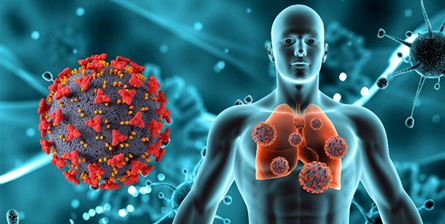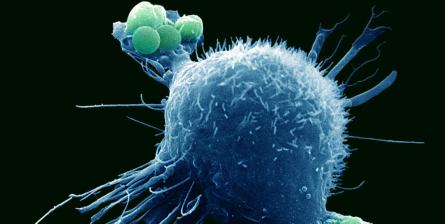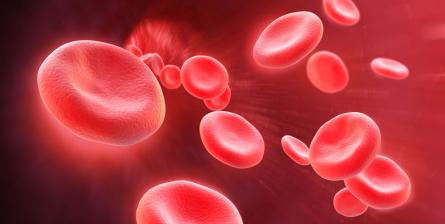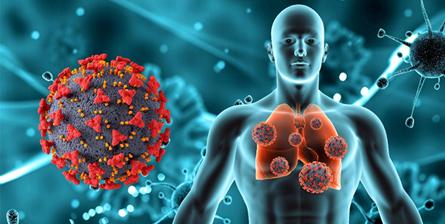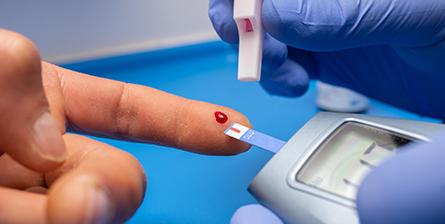Pulmonology is a branch of medicine that focuses on respiratory conditions and lung diseases. A pulmonologist is a specialized physician who diagnoses and treats diseases of the respiratory system, such as asthma, bronchitis, pneumonia, emphysema, and lung cancer.
The respiratory system is responsible for:
- Breathing.
- Bringing oxygen into the body.
- Breaking out carbon dioxide.
Respiratory conditions can cause:
- Difficulty breathing.
- Coughing.
- Wheezing.
- Shortness of breath.
- Chest pain.
- Fatigue.
Common diagnostic tests used in pulmonology include spirometry, which measures the amount of air inhaled and exhaled, and chest X-rays, which can reveal abnormalities in the lungs. Pulmonologists may also perform bronchoscopies, which examine the airways through a thin tube inserted into the lungs.
Treatments for respiratory diseases may include:
- Medications to relieve symptoms and prevent complications.
- Breathing therapies to improve lung function.
- Surgery to correct structural problems.
- Radiation or chemotherapy treatments for lung cancer.
Prevention of respiratory diseases includes:
- Quitting smoking.
- Reducing exposure to air pollution.
- Adopting a healthy lifestyle, including a balanced diet and regular exercise.
In short, pulmonology is an important medical specialty that deals with respiratory and lung health, helping to diagnose and treat respiratory diseases to improve patients' quality of life.
